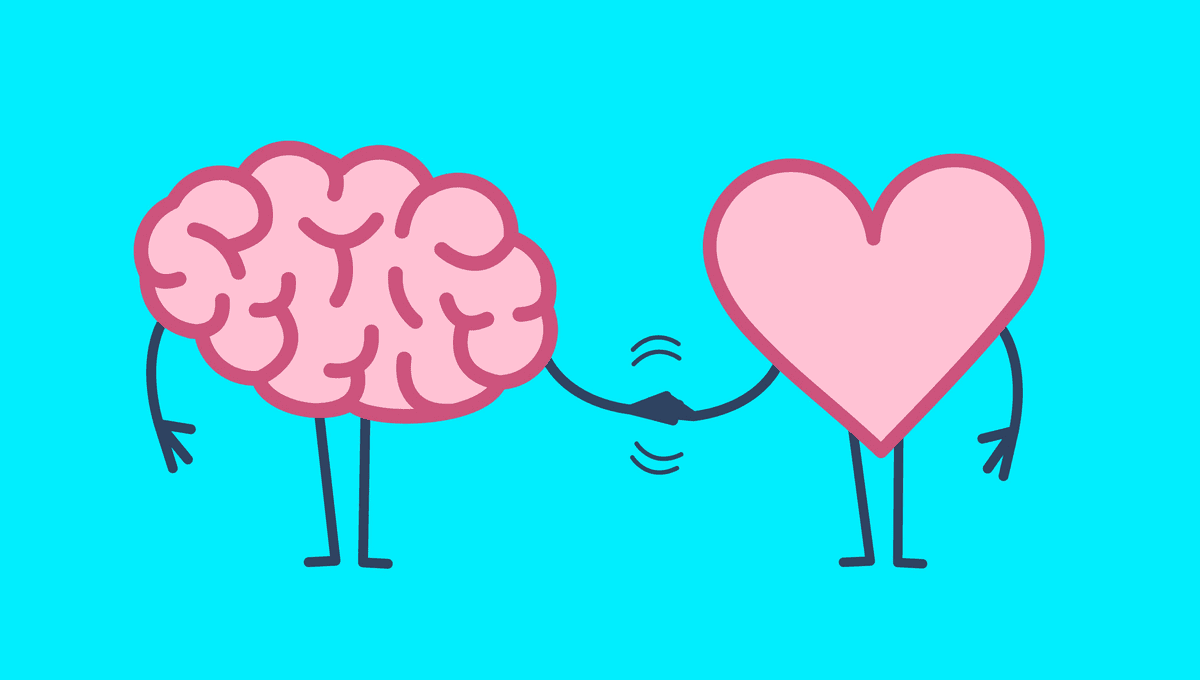
“Intelligence” is a concept we usually associate with, say, Sherlock Holmes. You know – he’s rational, logical, not necessarily good with people, but goshdarnit if he can’t solve an expert-level killer sudoku in record time, and that’s what’s really important in life.
But that isn’t the only way we can be intelligent. Emotional intelligence – the ability to the ability to perceive, control, and evaluate both your own emotions and those of others – is by some accounts the more important ability in life. It’s been linked to better leadership skills, success in business and entrepreneurship, better educational outcomes, lower susceptibility to fake news, and of course, just generally getting along with people.
But if it’s so crucial, you might be wondering: am I emotionally intelligent? And if not, can I get emotionally smarter?
What is emotional intelligence?
We’ve already touched on the superficial definition of emotional intelligence: it’s “the ability to identify and manage one’s own emotions and the emotions of others,” wrote psychiatrist and author Neel Burton in a 2016 blog post for Psychology Today.
But that simple explanation belies a complex reality. “In many cases, it can be difficult to put a name on an emotion or emotional experience, let alone to fully understand it,” Burton explained.
That’s why researchers have traditionally split the ability into four different aspects: emotional perception, the ability to reason using emotions, the ability to understand emotions, and the ability to manage emotions.
In other words, an emotionally intelligent person can recognize emotions – whether that’s through non-verbal cues like body language and facial expressions in others, or simply being mindful of their own emotional state – they can use those emotions to inform decisions and actions; they can understand and interpret the meaning behind emotions, and they are able to regulate and manage them.
How do I know if I have emotional intelligence?
Are you emotionally intelligent? Let’s do a thought experiment: suppose your housemate comes home late from work one night, storms into the kitchen, and starts shouting angrily that you haven’t taken the trash out yet. How do you react?
Do you get defensive, not understanding why a full garbage can has provoked such rage? Then you probably have lower emotional intelligence. On the other hand, perhaps you intuit that your housemate had a bad day, and that seeing that pile of trash in the kitchen was just the last straw. Maybe you make them a cup of tea and suggest a venting session – after you swallow the annoyance at having been shouted at, that is, and take out the garbage.
That’s the more emotionally intelligent reaction: seeing the emotion, figuring out the cause and potential solutions, managing emotions in yourself, and understanding them in others.
Signs of emotional intelligence
There’s no checklist of specific traits that constitute “emotionally intelligent” – just like there’s no single test that can prove academic intelligence. But there are some tell-tale signs of a high emotional intelligence level, besides those explained above. Emotionally intelligent people are also empathetic and sensitive, curious about others, and aware of their own strengths and limitations.
Other signs that you might have high emotional intelligence include the ability to move on from mistakes and accept criticism and responsibility without getting defensive or emotional. If you’ve ever been told you’re a “great listener,” you can’t help but sob at a weepy movie, or you find your friends inevitably turning to you in a crisis, chances are you’re pretty emotionally intelligent, too.
How to improve emotional intelligence
Perhaps you read all that and thought “wahey! That’s me!” In which case, that’s great – but if it didn’t resonate, don’t worry: “contrary to popular belief, you can learn emotional intelligence,” explained psychosocial rehabilitation specialist and author Kendra Cherry in an article for VeryWell Mind. “Children and adults alike can learn to strengthen [emotional intelligence].”
Whole training courses have been developed with the aim of improving emotional intelligence, with other studies pointing to things like transcendental meditation and augmented reality games as tools to improve emotional intelligence.
But if that sounds a little out of reach, there are more simple ways to improve. The American Academy of Family Physicians set out a selection of interventions in 2018 designed to raise emotional intelligence – things like “clarifying your intention” for the day, practicing self-care, and creating morning and evening rituals.
These tactics echo recommendations from other experts. If you aren’t naturally aware of your emotions, perform a conscious emotional checkup now and then – “throughout the day, ask yourself ‘How do I feel?’ and clarify both the physiological answer (e.g., ‘My shoulders feel tight’) and the emotional answer (e.g., ‘I feel anxious’),” the AAFP explains. “Then, consider why you are feeling that way.”
Be curious about the world around you – whether that’s understanding somebody else’s perspective or simply being able to read a room. Try to build connections with others, and maintain them – even when that means apologizing and being vulnerable.
This might not be easy – but it’s definitely worth it. “Making time for those around you can seem like an impossible task,” notes the AAFP. But “with every genuine greeting or conversation with someone on your team, you are building a coalition of people poised to help you, give you the benefit of the doubt, and work hard on your behalf.”
All “explainer” articles are confirmed by fact checkers to be correct at time of publishing. Text, images, and links may be edited, removed, or added to at a later date to keep information current.
Source Link: Are You Emotionally Intelligent? These Are The Signs That Say Yes